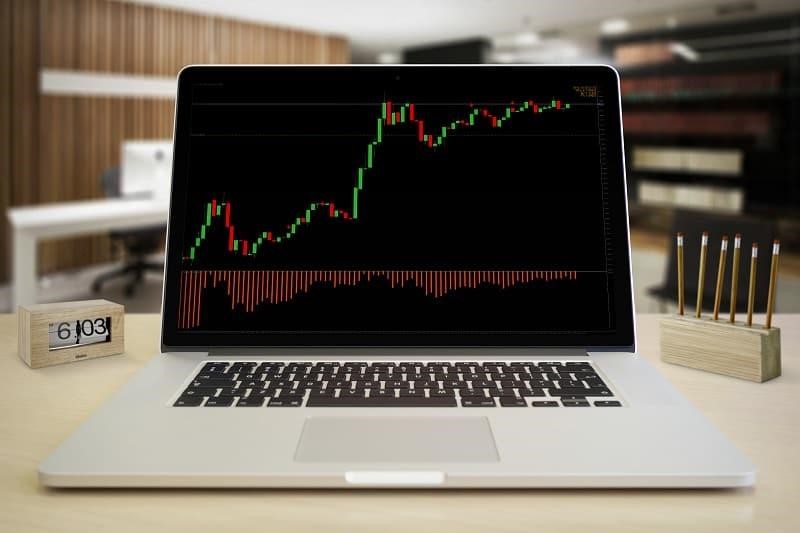There has never been a more favorable time to invest: The severe competition that exists among internet brokers has resulted in a reduction in prices as well as an increase in the quality of services offered. However, new companies are entering the online brokering market in response to the high demand, expecting to profit from the increase in retail investors. Because of this, it can be especially challenging for investors to locate a broker that is a good match for them personally.
So how do you go about selecting the best broker for your needs? There are several aspects to think about, and ultimately, it will come down to personal preference. While some investors are willing to pay greater trade charges in exchange for a cutting-edge platform, others place the utmost importance on minimizing their expenses. Some investors prefer to work exclusively with large, well-known banks, while others prefer to search out the most suitable broker from among the many independent firms. If you want an easy way out to pick out the best broker click here to learn more!
But regardless of the broker you finish up with, the search process always begins with defining your financial objectives.
Finding The Best Broker To Trade Online
Before beginning to browse internet brokers, you must respond to a few questions regarding your investment objectives. Are you looking to make a few separate investments in different stocks? Are you looking for a fund for your retirement in the long term? Excited to learn about options trading and other sophisticated financial strategies?
Try To Choose Brokers Who Have A Proven Track Record Of Being Dependable
There is a diverse selection of brokers available out there. While some have been in operation for several decades, others have only recently emerged onto the scene. Not that you shouldn’t trust them, but you should know that they haven’t been tested under real-world conditions in the stock market yet. If they’re handling trades for clients, they should be registered with the SEC and a member of a self-regulatory body like the Financial Industry Regulatory Authority.
Consider the craze surrounding trading at GameStop at the beginning of the year 2021, for instance. During that period, we witnessed several brokerages imposing some kind of trading restriction, while others did not. Why? Although the rules are likely not identical across all brokerages, the largest and most well-established firms have the capital on hand to ensure that their customers’ deals went through. Trading limitations needed to be imposed on clients of those brokers who did not have sufficient cash on hand to satisfy the required capital.
If you find this to be unsettling, you might wish to investigate the possibility of investing with a huge organization. If, on the other hand, all you require is a basic investment account and circumstances such as the recent rise in buying at GameStop have no direct bearing on how you choose to allocate your capital, then you can probably get by just fine with a more limited app or a smaller broker.
Take Careful Note Of Any Account Minimum
There are a great number of highly regarded brokers who do not require a minimum deposit to open an account. However, some brokers do call for a minimum initial deposit, and it can be anything from $500 to more than that. It may be difficult to put money into the market if you don’t have a lot of cash, even if you’re able to create a brokerage account because many mutual funds have similar minimum investments.
Keep An Eye Out For Any Additional Charges
Keeping account fees to a minimum is preferable to avoid them altogether. The majority of brokers will assess a fee if you choose to close your account or transfer investments or cash out of your account. If you decide to switch brokers, the new firm that you sign up with might offer to pay your transfer fees for you, at least up to some predetermined maximum.
You can avoid the majority of brokers’ costs by selecting one that doesn’t require them, or by forgoing optional services that come at an additional cost. Annual fees, fees for periods of inactivity, fees associated with subscriptions to trading platforms, and additional payments for research or data are examples of common types of expenses that should be avoided.
Examine The Nuances Of The Pricing
Because it is now usual practice for brokerages to provide customers with free transactions, the expense is no longer as significant of a factor. However, if you are an active trader who wants your trade to be executed at the best price available — even if that means a difference of a few pennies.
Think About The Resources And Features
Look for a brokerage that provides free educational tools like live webinars, detailed how-to instructions, video tutorials, glossaries, and more if you’re just starting out in the investment world.
And if you’re interested in learning more about advanced trading methods such as options, you should investigate how well the broker assists clients in understanding the risks associated with such tactics. This could take the form of an accessible online knowledge base, a live chat feature, or comprehensive written materials outlining the proper usage of these financial instruments.
One further aspect that should be on your radar is the availability of fractional shares. This feature enables investors to buy stocks or exchange-traded funds (ETFs) based on the dollar amount rather than the number of shares owned. This is especially useful for investors with limited funds who want to diversify their portfolio or implement dollar-cost averaging.
There is a possibility that active traders would seek a little bit more from their brokerage accounts. Some brokers charge extra for downloadable platforms that can be changed in a lot of ways and come with tools for in-depth analysis or access to more research and data. If you don’t need these kinds of tools and resources, don’t pay extra for them.


